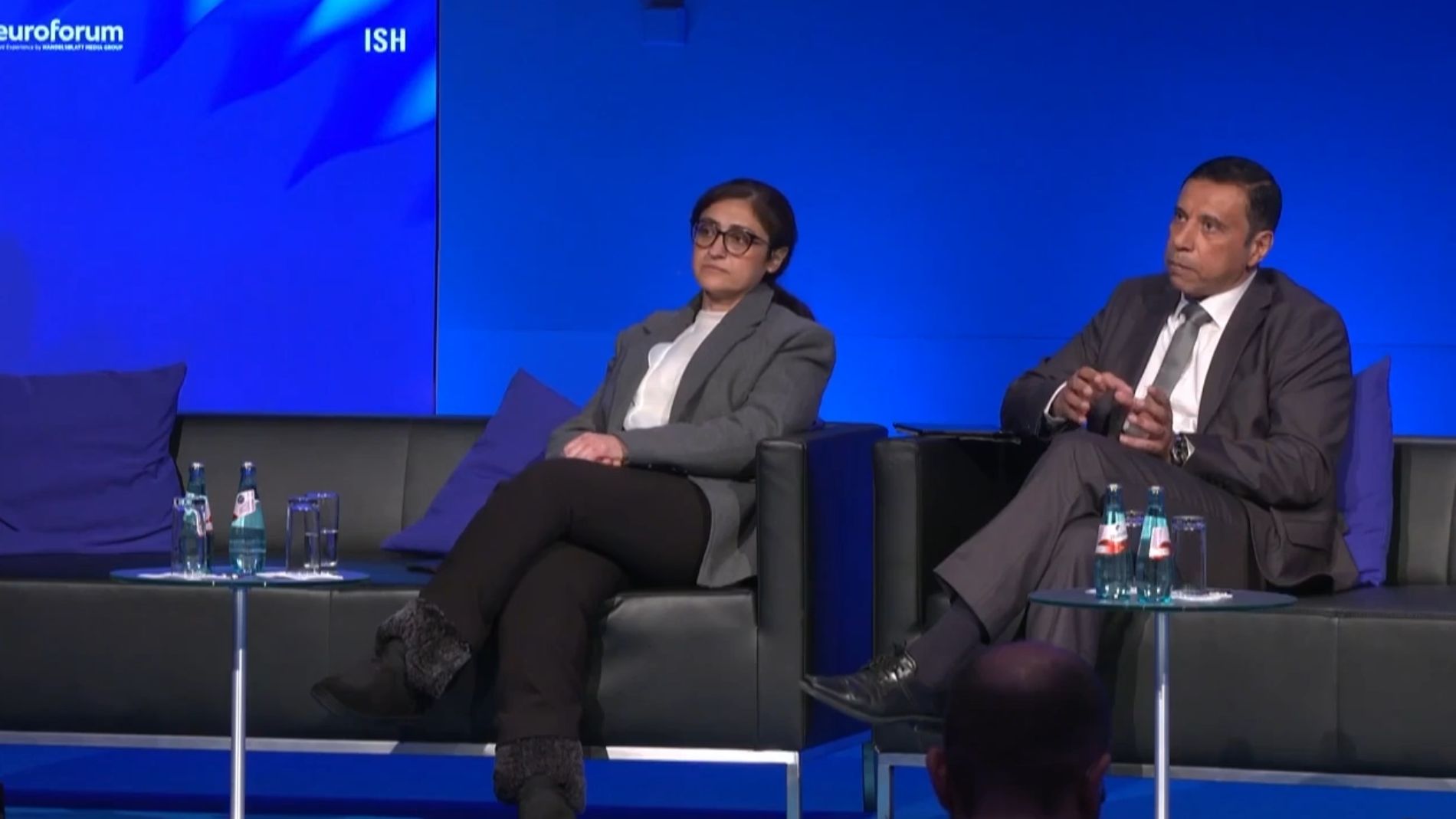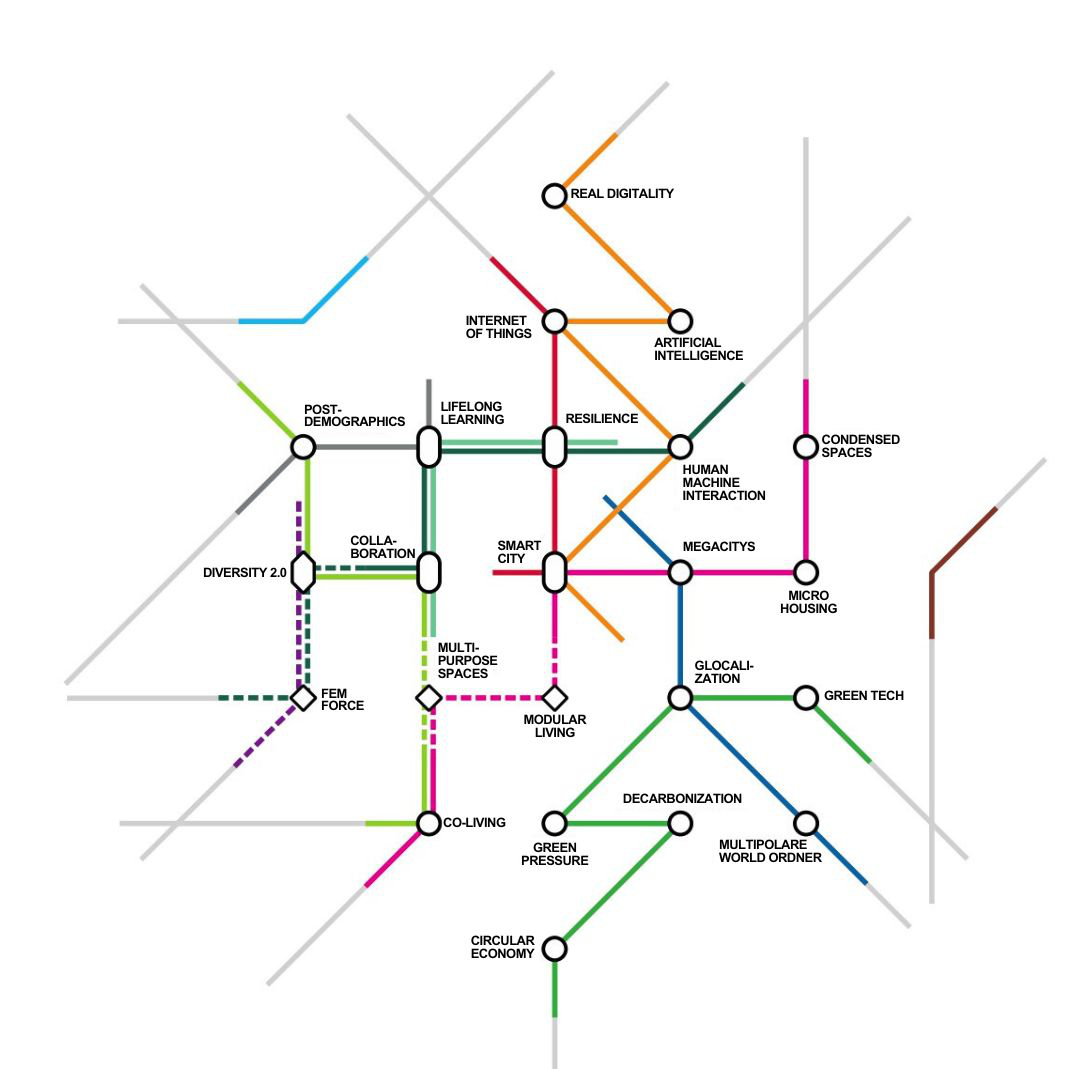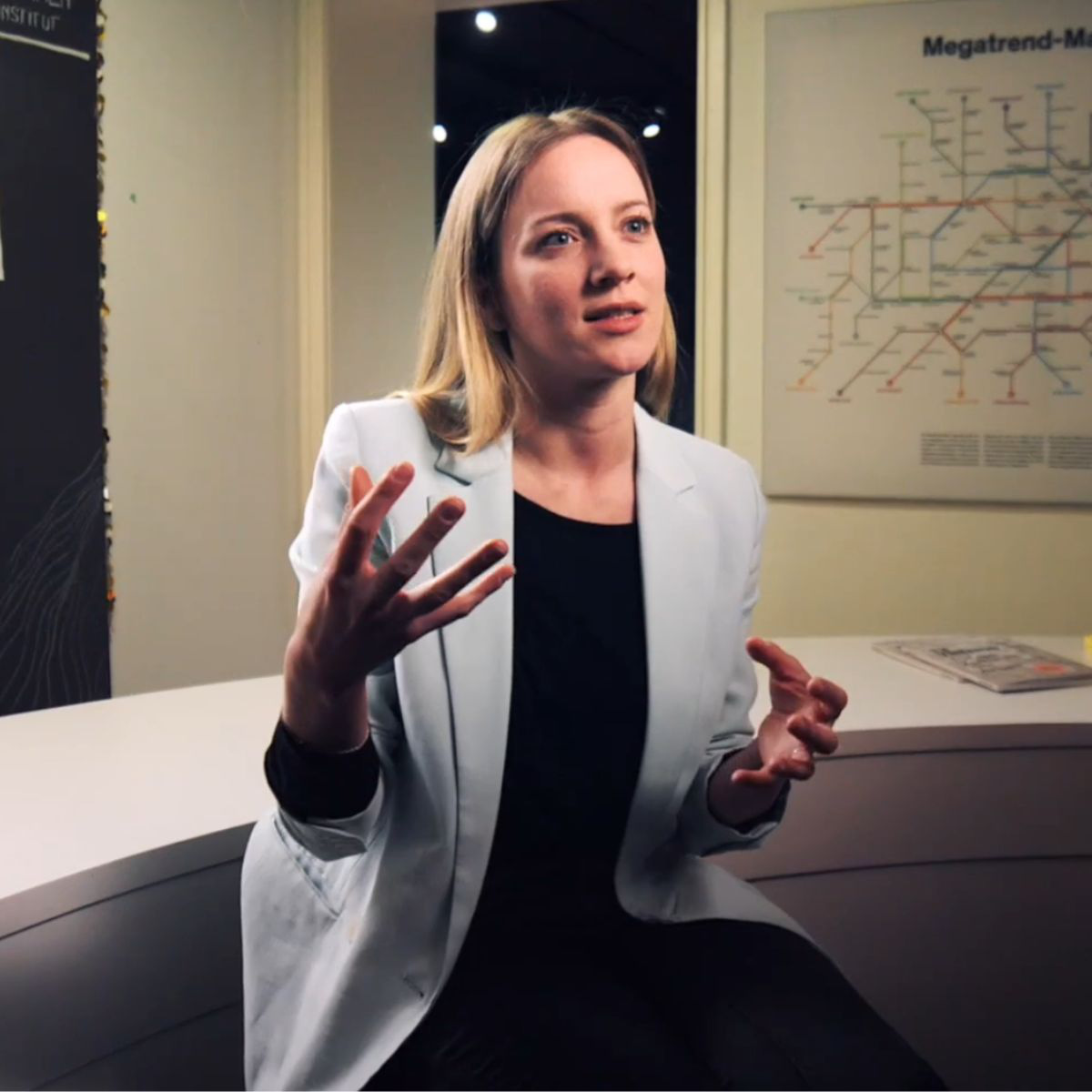In his keynote, Mehta, a seasoned urban planner and former UN advisor, dismantled the notion that pricing alone can reflect the value of water. Drawing on decades of work in India and other developing regions, he illustrated that water is deeply intertwined with social identity, religion, culture—and conflict.
He highlighted the paradox of global pricing: countries with the most water stress often charge the least, while nations with high water availability impose steep rates. The inadequacy of pricing systems, Mehta argued, fails to capture the true significance of water in the lives of billions.
Through powerful examples from India—where many urban residents receive water only once every 6 or 7 days—Mehta underscored the vast disparities in water access. Despite improvements shown in global SDG reporting, least-developed countries remain far behind, with daily struggles for safe water and sanitation.
Mehta also addressed the financial challenges of improving water systems. Traditional aid is declining, and philanthropy, while helpful, is shifting priorities. He advocated for more inclusive, locally driven strategies that tap into blended finance, climate-resilient planning, rainwater harvesting, and leak detection.
His message was clear: solving the water crisis in the Global South requires rethinking value—not just in economic terms, but through social, environmental, and cultural lenses. Only then can sustainable and equitable water systems be realised globally.
Dinesh Mehta
Dr Dinesh Mehta has served as Professor Emeritus at CEPT University since 2007, after nearly a decade of work with UN-HABITAT across Asia and its headquarters in Nairobi. At UN-HABITAT, he led the Urban Development Unit and coordinated the global Urban Management Programme. Before his tenure at the United Nations, he was Director of the National Institute of Urban Affairs in New Delhi (1992–1997), a think tank under India’s Ministry of Urban Development. Earlier, from 1985 to 1992, Dr Mehta headed the School of Planning at CEPT University in Ahmedabad.
His expertise in water and sanitation has been widely recognised: in 2013, he received the International Water Association (IWA) Development Solutions Award for his contributions to research and implementation. In 2017, he was elected IWA Fellow and appointed Chair of its specialist group on water and sanitation in developing countries.
Dr Mehta holds a PhD from the University of Pennsylvania, a Master’s in City and Regional Planning from Harvard University, and a Bachelor’s degree in Civil Engineering from the Indian Institute of Technology, Madras.










